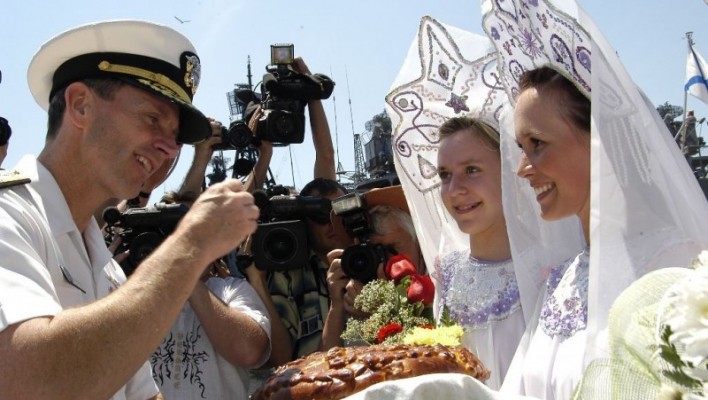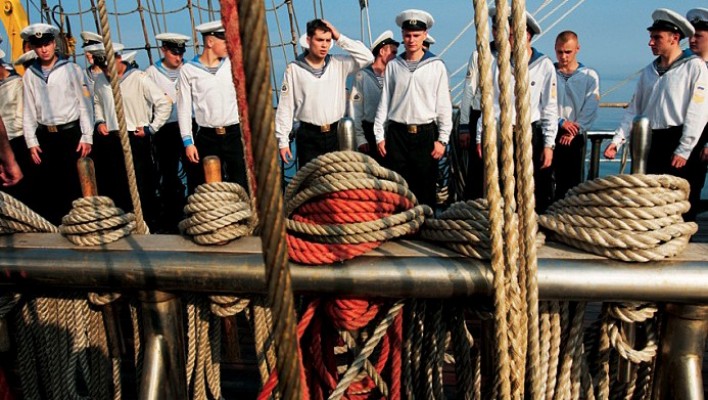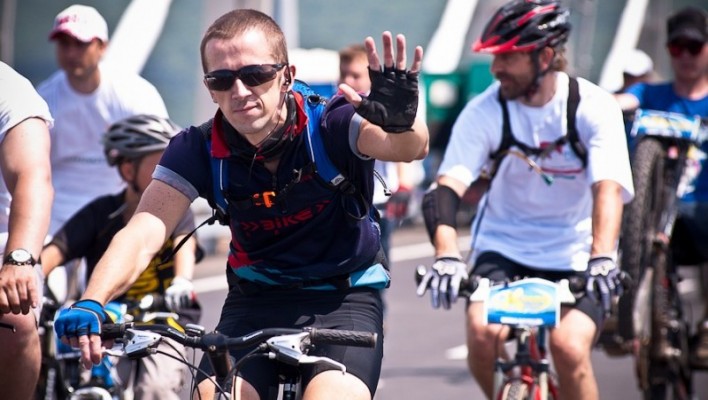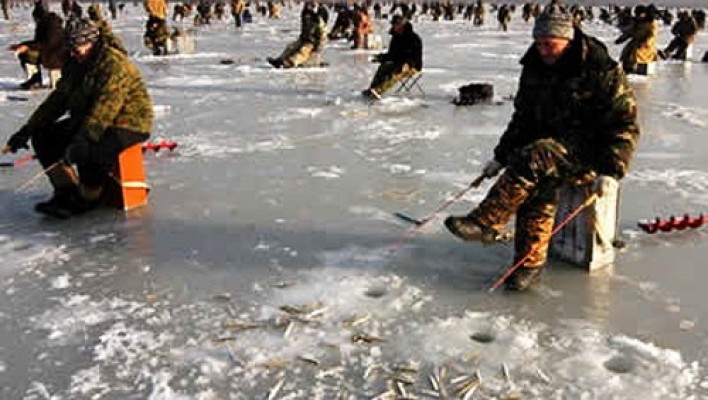Gente
Founded on unexplored and remote seaside territories, Vladivostok initially developed as multinational city, attracting vigorous and enterprising people not only from different corners of huge Russia, but also from other countries of the Pacific region. Later the variety of national structure in the port city was promoted by its proximity to the border: up to the middle of the 20th century numerous foreign communities – generally Chinese, Japanese and Koreans – lived in Vladivostok side by side with natives. Today the city is inhabited mainly by Russians (about 90 %). In addition, Ukrainians, Tatars, Belarusians, Koreans and representatives of other nations live here.
Most locals call themselves believers. The most widespread religion here is Orthodox Christianity, which is indicated by the considerable number of orthodox temples in the city. There are also adherents of Catholicism, Lutheranism, and Buddhism in the seaside capital; Muslim and Judaic communities function here too.
People are Vladivostok’s main treasure. And they are a match to the city – that is unique. Remoteness from the center of the empire, unusual geographical position and outstanding history created unique local mentality. Used to living in the closed city – for a long time foreign ships could call at Vladivostok, but residents from other Russia’s regions couldn’t enter it – far from civilization, locals didn't feel deprived at all. Moreover, the seaside population developed a habit to rely only on own forces, without counting on support from the center.
By the way, despite considerable – about 10000 kilometers – remoteness from the capital, Vladivostok’s residents, unlike the majority of their compatriots, don’t have provinciality complex. It is probably due to the fact that for the people who have been to round-the-world trips and have seen Niigata, Hong Kong, Cape Town, Marseille, New York and Vancouver, Moscow didn't seem that a central city after all.
Seaport inhabitants are a priori different from their compatriots living in depth of the continent. Lapping in city’s very center, the sea considerably influences locals’ mentality: each Vladivostok’s inhabitant has the soul of a true seaman, absorbing original sea romanticism from birth. And like the sea is open for all winds, locals are open for the width and variety of the world. They never lose their unique sense of humor and confidence in the future. They always smile, and even in rainy weather, typical for Vladivostok, don't see a reason to frown.
In addition, the Vladivostok’s residents – despite common stereotypes – are sympathetic, friendly and flexible, organically adapting to any conditions. On par with the city which leads an active life, its inhabitants are dynamic and vigorous people. Vladivostok’s residents are quick in everything they do – they even seem to speak one and a half times quicker, than the population in other regions of the country.
Being in Vladivostok, communicate with the locals as much as possible. In regard, they will not only help you to learn this amazing in every respect city better and to discover it from the most unexpected sides, but, most likely, will leave one of the most vivid impressions from the seaside capital.









